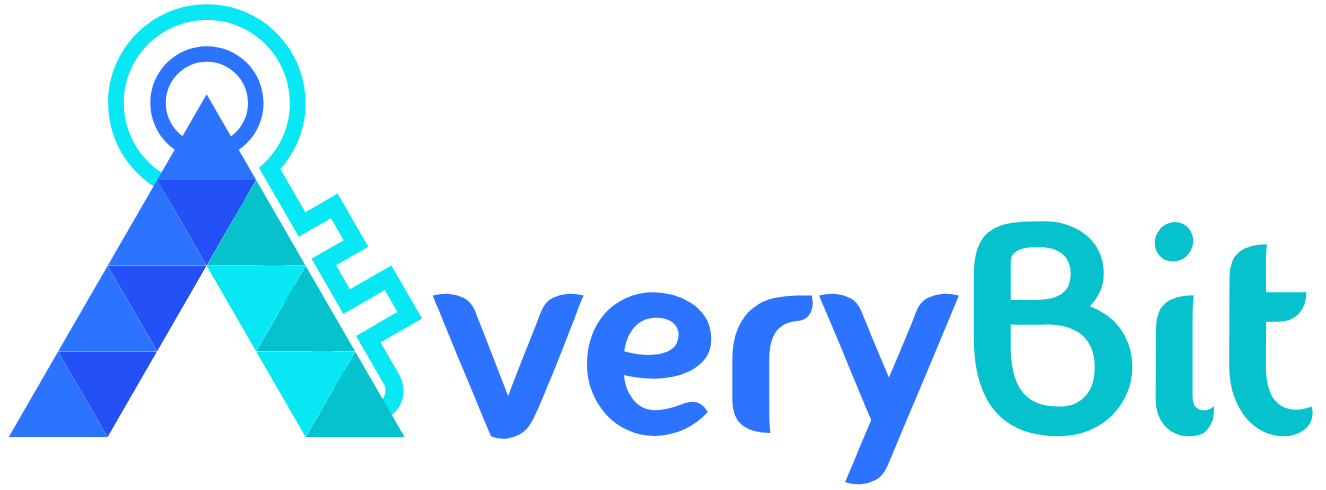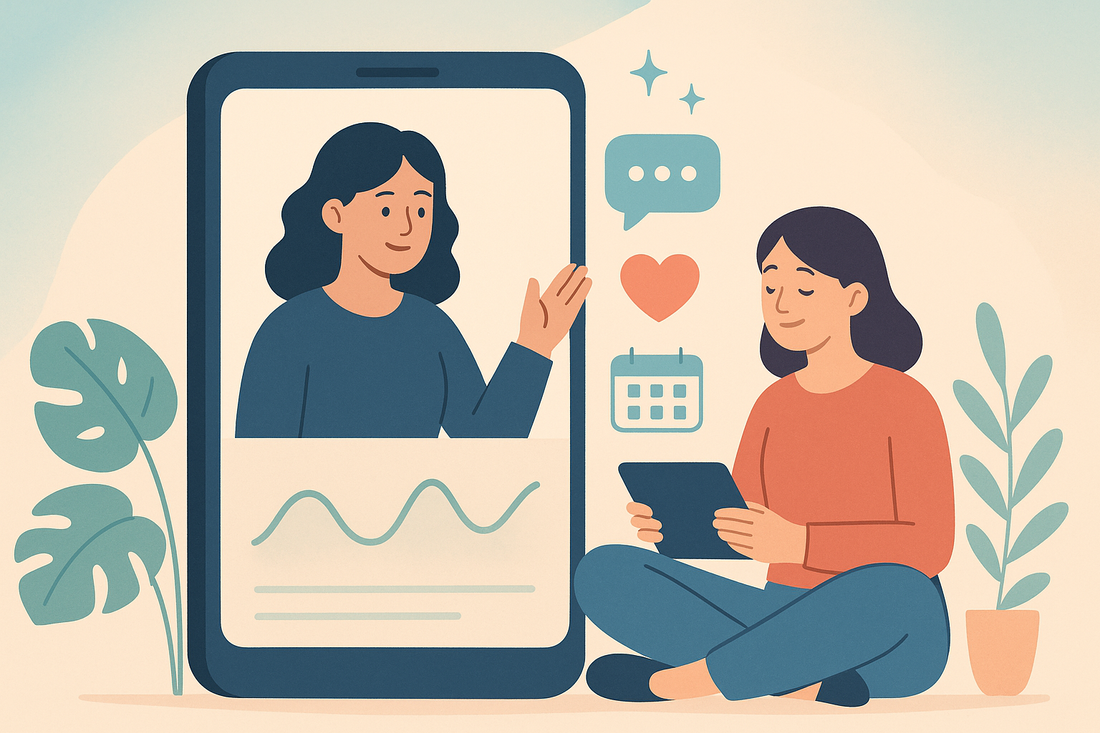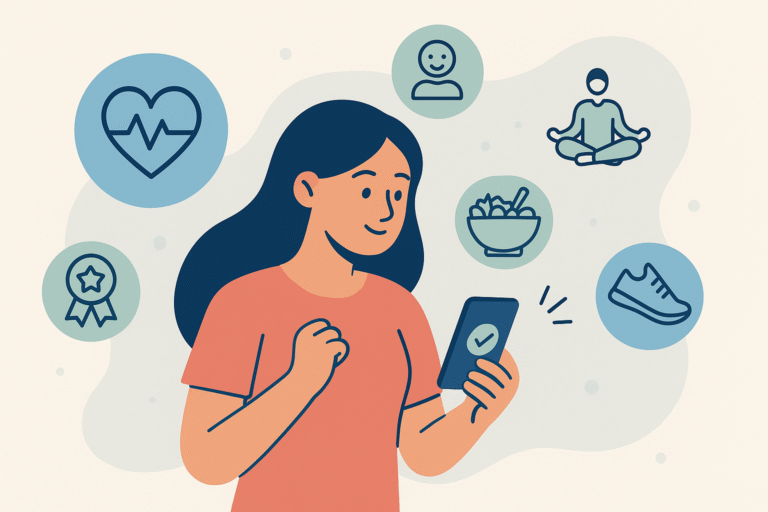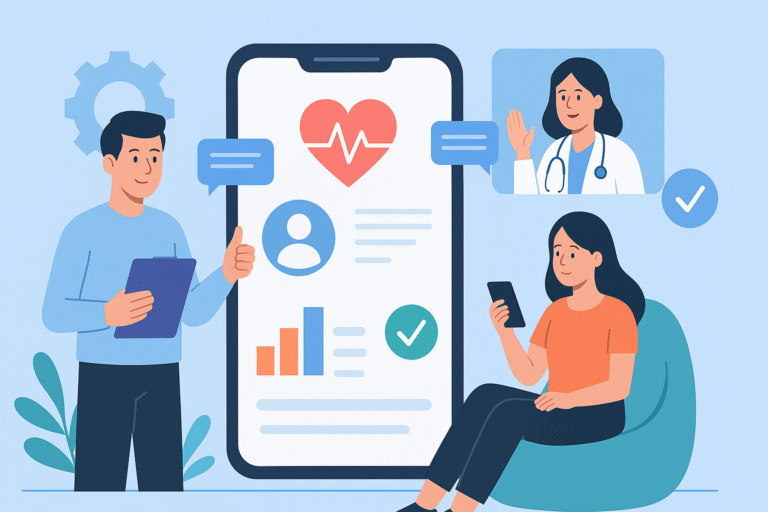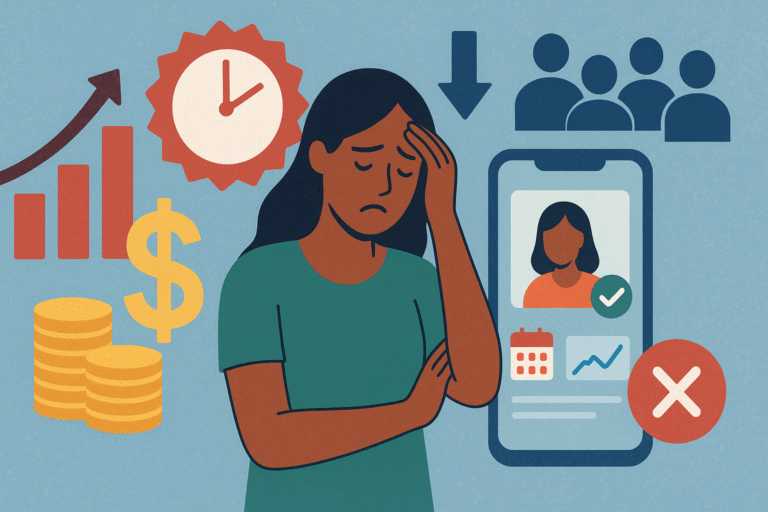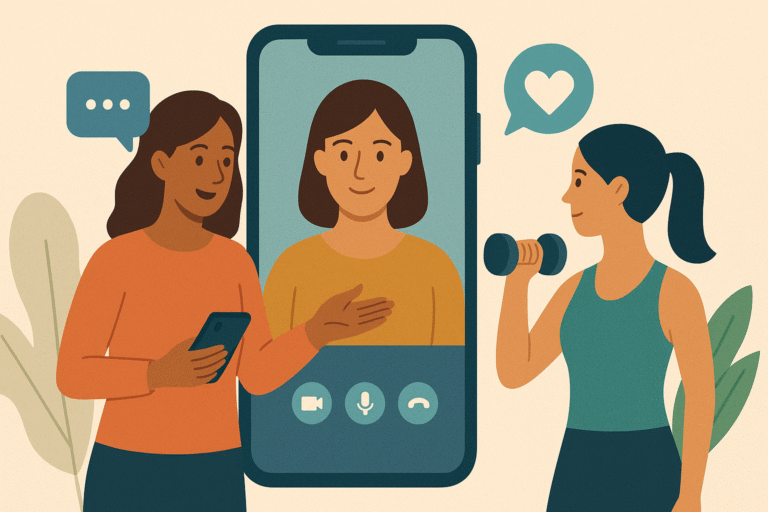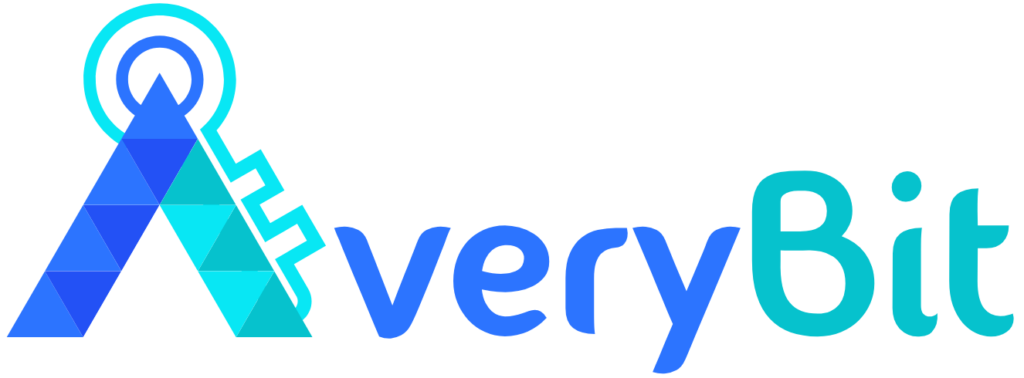In den letzten Jahren ist die Nachfrage nach Unterstützung für die psychische Gesundheit deutlich gestiegen. In der heutigen vernetzten und stressigen Welt ist psychisches Wohlbefinden kein Luxus mehr, sondern eine Notwendigkeit. Menschen gehen offener mit ihrem emotionalen Wohlbefinden um und suchen aktiv nach Tools, die Komfort, Privatsphäre und personalisierte Unterstützung bieten. Daher steigt die Nachfrage nach Apps für das Coaching der psychischen Gesundheit.
Apps zum Coaching der psychischen Gesundheit bieten Benutzern eine leicht zugängliche Möglichkeit, mit Trainern in Kontakt zu treten, ihren emotionalen Fortschritt zu verfolgen und gesunde Gewohnheiten zu entwickeln.
Als IT-Unternehmen ist die Entwicklung einer so sensiblen und dennoch leistungsstarken Plattform für uns sowohl eine Chance als auch eine Verantwortung. Diese Idee klingt vielversprechend, aber es gibt mehrere Aspekte zu berücksichtigen, insbesondere in Bezug auf Datenschutz, Benutzerinteraktion und die Kernfunktionalität der App.
Hier sind einige wichtige Herausforderungen und Lösungen, die beim Aufbau einer vertrauenswürdigen App für das Coaching der psychischen Gesundheit helfen können.
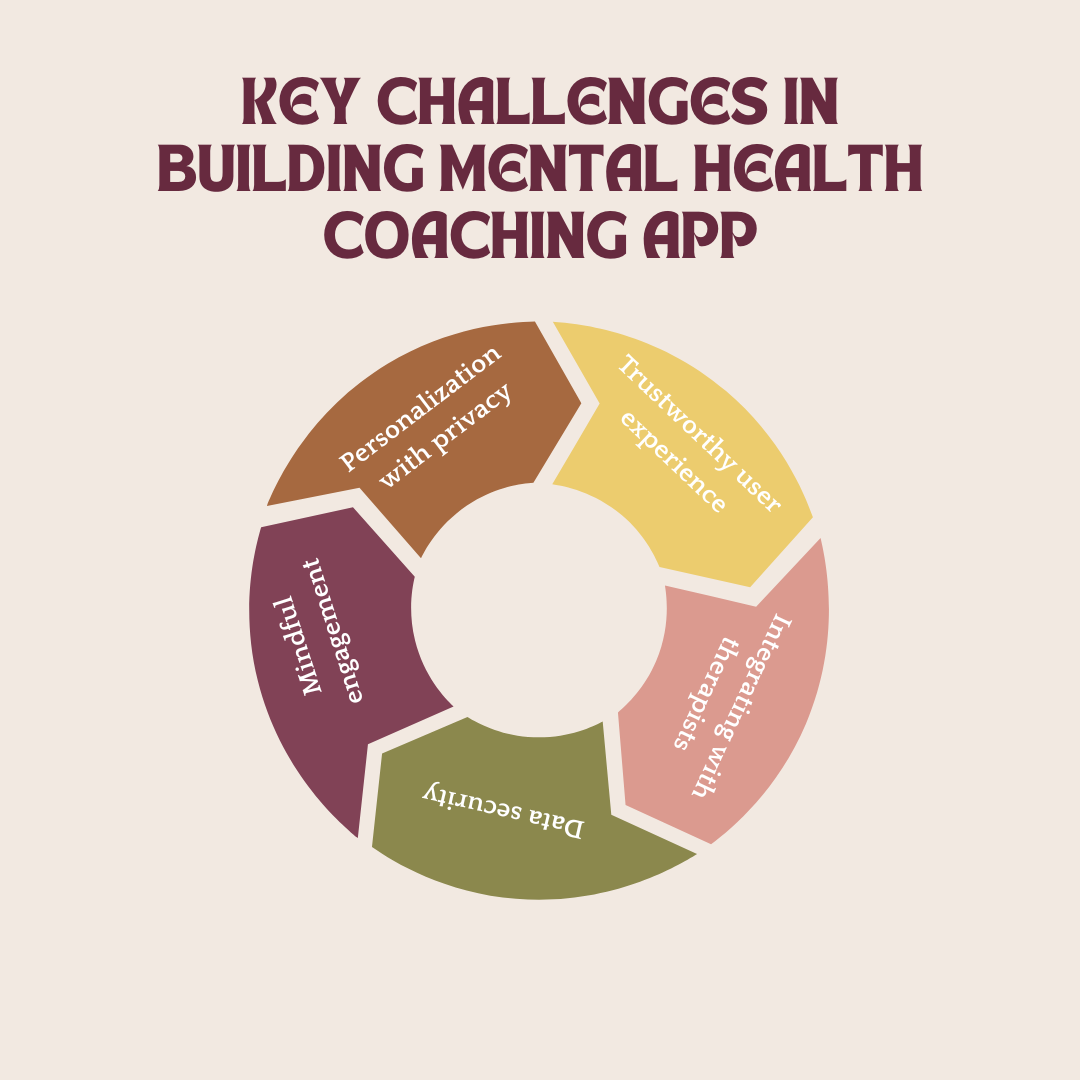
1. Personalisierung mit Datenschutz
Heutzutage wünscht sich jeder Nutzer ein personalisiertes Erlebnis und Empfehlungen, die auf seinen Zielen, seiner Stimmung oder seiner Vergangenheit basieren. Das Sammeln zu vieler persönlicher Daten kann besorgniserregend sein und das Risiko einer Verletzung ethischer Grenzen steigt ebenfalls.
Lösungen
- Unternehmen sollten eine Personalisierung anbieten, die sich wie eine Anleitung und nicht wie eine Überwachung anfühlt.
- Der Benutzer sollte vollständigen Zugriff haben, um seine Daten zu löschen oder herunterzuladen.
- Die Implementierung einer KI-basierten Stimmungsverfolgung, die optionale, einwilligungsbasierte Eingaben verwendet, ist ein Muss.
2. Sichere und vertrauenswürdige Benutzererfahrung
Psychische Gesundheit ist eine persönliche Angelegenheit, und Nutzer müssen sich verstanden, sicher und unterstützt fühlen. Emotionale Sicherheit in Fitness- oder Gewohnheits-Tracking-Apps kann optional sein, ist aber bei Plattformen für psychisches Wohlbefinden ein Muss.
Lösungen
- Sie können das Vertrauen der Benutzer gewinnen, indem Sie für vollständige Transparenz hinsichtlich der Datennutzung und Datenschutzrichtlinien sorgen.
- Bauen Sie Vertrauen mit einem Onboarding-Prozess auf, bei dem der Mensch im Mittelpunkt steht und der beruhigt, nicht überfordert.
- Die Website sollte mit gedeckten Farben und sanften Animationen ansprechend gestaltet sein.
3. Integration mit Therapeuten und Coaches
Im Allgemeinen zielen Apps für Mental-Health-Coaching darauf ab, Nutzer mit echten Coaches zu verbinden. Die Verwaltung von Kalendern, Sitzungen und Kommunikation kann jedoch schnell kompliziert werden. Für einen reibungslosen Ablauf sollte es für alles eine Erinnerung und einen ordentlichen Zeitplan geben.
Lösungen
- Fügen Sie die Integration von Videoanrufen über HIPAA-konforme Plattformen hinzu.
- Es sollte ein sicheres In-App-Buchungssystem für Einzel- oder Gruppensitzungen geben.
- Das Dashboard der Trainer muss übersichtlich sein, um den Fortschritt der Kunden zu überwachen und maßgeschneiderte Inhalte zu senden.
4. Datensicherheit
Apps zur psychischen Gesundheit enthalten zahlreiche sensible Daten über ihre Nutzer. Je nach Zielmarkt sollten Ihre Apps Gesetze wie HIPAA (USA), DSGVO (Europa) oder den bevorstehenden Digital Health Act Indiens einhalten.
Lösungen
- Die Apps sollten nur minimale Daten speichern und das Sammeln unnötiger Informationen vermeiden.
- Das Authentifizierungssystem sollte sicher und Ende-zu-Ende-verschlüsselt sein.
- Arbeiten Sie mit einem Entwicklungsteam zusammen, das sich mit den Compliance-Standards des Wellnesssektors auskennt.
5. Achtsames Engagement ohne Stress
Es ist ein schmaler Grat zwischen der Förderung von Beständigkeit und dem Ausüben von Druck, der von Apps für die psychische Gesundheit respektiert werden sollte. Aufdringliche Erinnerungen können für Nutzer, die unter Stress oder Burnout leiden, nach hinten losgehen.
Lösungen
- Bieten Sie flexible Zielsetzung und nichtlineare Fortschrittsverfolgung.
- Ersetzen Sie Streifen durch sanfte Stupser
Abschließende Gedanken
Die Zukunft des psychischen Wohlbefindens ist digital, doch die Technologie kann Empathie nicht ersetzen; sie kann Ihnen dabei helfen, sie in großem Maßstab zu erweitern.
Egal, ob Sie ein Solo-Coach oder ein Wellness-Startup sind, die Entwicklung einer App für das Coaching der psychischen Gesundheit ist ein mutiger, aber lohnender Schritt.
Sie können das Leben der Menschen nachhaltig beeinflussen, indem Sie Technologie integrieren, um echte Herausforderungen zu lösen.
Lassen Sie uns gemeinsam etwas Sinnvolles schaffen.
Möchten Sie Ihre eigene App für Mental Health Coaching erstellen?
Füllen Sie das untenstehende Formular aus und unser Team wird sich mit Ihnen in Verbindung setzen, um Ihre Vision zu besprechen.
